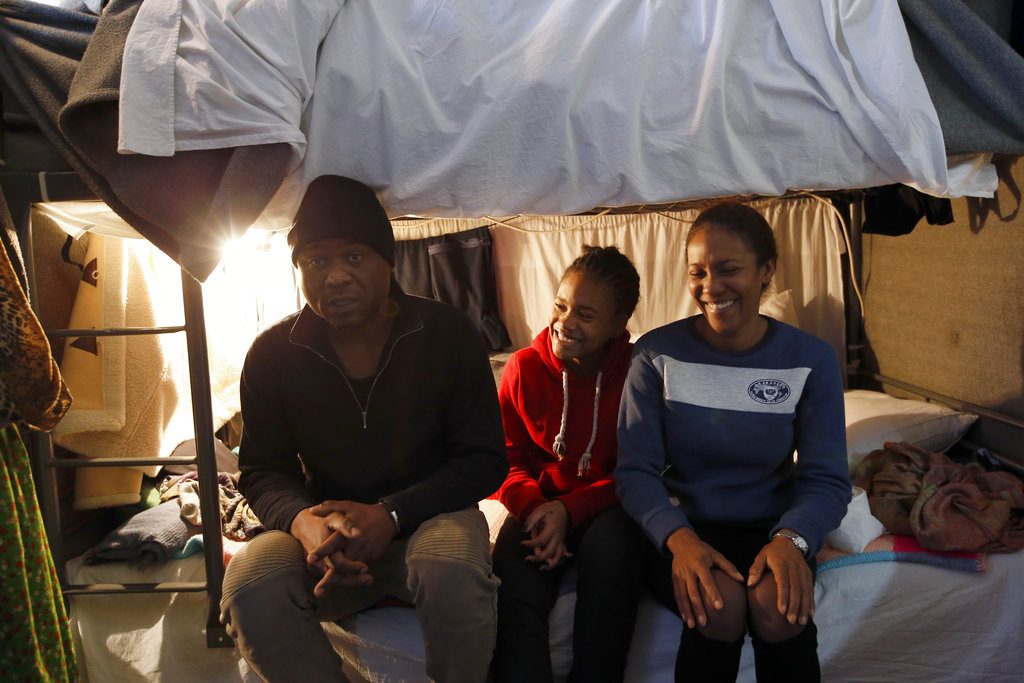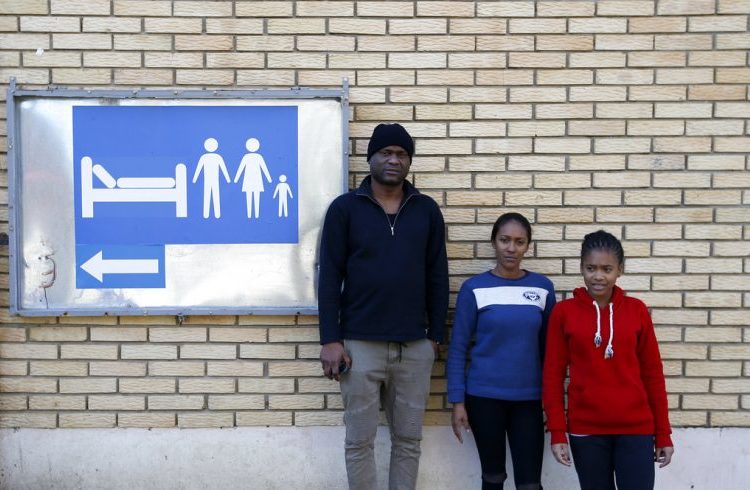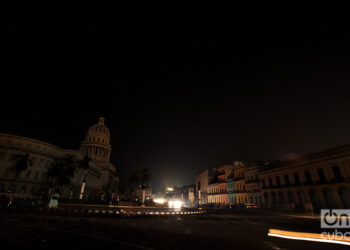Far from the Caribbean beaches and warm breeze, a Cuban family cuddles up in a small room of a cold refugee center in Serbia while they try to elucidate their next step.
They form part of an unusual affluence of Cuban migrants who started getting to the Balkan Peninsula in 2015 before the neighboring countries of the European Union closed their borders to hundreds of thousands of refugees fleeing from war and poverty.
Now the family of three is stranded in Serbia, which doesn’t belong to the EU and is the last place they would like to be, in addition to Cuba.
“I know that life here is difficult, very, very difficult,” Michael Amor said while sitting on a bunk bed with his wife Ingrid and their 13-year-old daughter Samira.
“I wouldn’t wish the trip here to anybody. Life is very difficult. What I want is to have a life that’s a bit better for my daughter,” Amor said.

In Cuba, Amor worked in construction and only earned the equivalent of 30 dollars a month.
The family had to sell their small house and other belongings to start the trip 18 months ago. Michael Amor expected to reach Spain and reunite with some relatives, but he remained stranded in Serbia after the EU nations took strong measures at the border crossings.
“If we would have to make the trip again, I would do it. But I don’t know how this will end, I don’t know if I’ll get to Spain and be able to reunite with my relatives,” he added.
In 2013 the Cuban government withdrew almost all the travel restrictions for its citizens. However, the capacity to travel abroad still depends on the will of the governments of other countries to issue a visa to Cubans, something that the EU nations and other western countries rarely do.
Like many Cubans who have arrived to the Balkan Peninsula, the Amor family first flew to Russia and later to Serbia via Montenegro, where Cubans can get tourist visas at the airports.
The majority of Cuban migrants in Serbia who expected to reach EU territory said they had no other option than making the trip, after the United States revoked the status of special migration for Cubans early last year, which allowed them to stay in the country if they were able to reach U.S. territory.
Official statistics revealed that 170 Cubans were registered in Serbia in 2017, although now the number is undoubtedly higher due to the fact that many refuse to register with the authorities for fear of being deported.
A BBC report from July 2017 included the story of other Cuban families in the same situation, waiting for the first opportunity to enter the European Union.
In the refugee center of Sot, Serbia, located some meters away from the border with Croatia, the Amor family shares a small room with a four-member Somali family, which leaves little space for privacy or comfort.
Michael Amor said he tried to seek asylum in Croatia, a bloc member, but he was rejected. He can barely pay for food and has no money to pay smugglers of migrants to take his family illegally across the border.
“I don’t know what to do, but we have to keep trying,” Amor said.
AP / OnCuba










